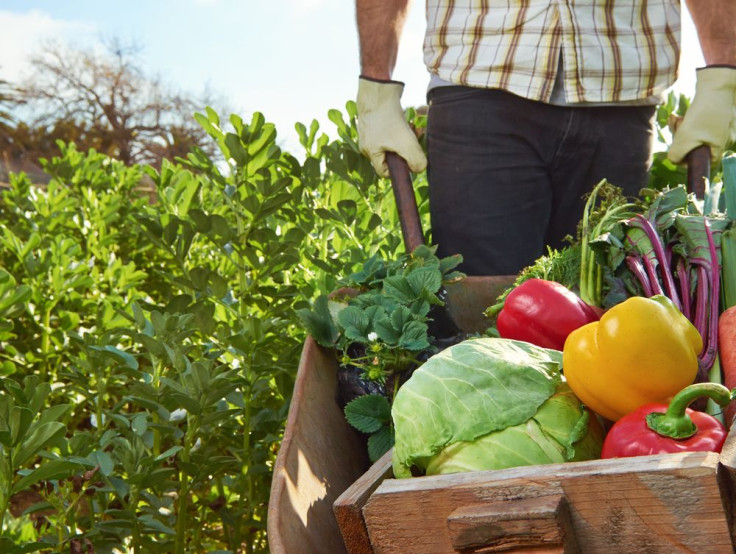Organic Fruits, Vegetables May Be More Nutritious, Less Pesticide-Ridden; But High Prices Deter Consumers

The debate on whether or not organic fruits, vegetables, and other crops are actually more nutritious than non-organic continues. A team of international scientists set out to find the answer and analyzed 343 previously published studies. They found “statistically significant and meaningful differences in composition between organic and non-organic crops.”
“It shows very clearly how you grow your food has an impact,” lead researcher Dr. Carlo Leifert, a professor of ecological agriculture at Newcastle University in England, told The New York Times. “If you buy organic fruits and vegetables, you can be sure you have, on average, a higher amount of antioxidants at the same calorie level.”
They found that concentrations of a wide variety of antioxidants were found at higher levels in organic crops and crop-based foods. Many of the compounds have been linked to a reduced risk of chronic diseases, such as neurodegenerative diseases and certain types of cancers. The study found organic crops contained an overall 17 percent higher concentration of antioxidants than chemically-laden crops. Certain antioxidants had a much wider gap, such as flavanones, which were 69 percent higher in organic crops.
“We are not making health claims based on this study, because we can’t,” Leifert said. The study, he said, is insufficient “to say organic food is definitely healthier for you, and it doesn’t tell you anything about how much of a health impact switching to organic food could have.”
According to the National Institutes of Health, antioxidants have the power to prevent or delay types of cell damage. Supplements don’t work as well to deliver the benefits fruits and vegetables can deliver, which is why seeking a crop that yields higher concentrations of antioxidants is of importance to our daily nutrition and disease prevention.
Organically farmed crops don’t use the conventional chemical fertilizers and pesticides that are used to keep insects and other predators away to preserve the crops and yield a larger supply. Although organic farming approaches offer benefits, such as healthier soils and antioxidant rich fruits and vegetables, they produce a smaller quantity of crops.
Last year, organic food sales in the United States accounted for $32.3 billion, which is just over four percent of the total market, according to estimates from The Organic Trade Association. The higher prices of organic fruits and vegetables serves as a deterrent of healthier eating altogether for many shoppers, which is why less expensive, non-organic produce may be the better choice. However, not everyone sees the benefits of putting greater emphasis on organic crops.
“The other argument would be, if you just eat a little bit more fruits and vegetables, you’re going to get more nutrients,” Alan Dangour, a researcher at the London School of Hygiene and Tropical Medicine, told The New York Times. “To my mind, there’s no convincing evidence that these foods are different in nutritional composition.”
Source: Leifert C, Nicot P, Niggli U, et al. Higher antioxidant and lower cadmium concentrations and lower incidence of pesticide residues in organically grown crops: a systematic literature review and meta-analyses. British Journal of Nutrition. 2014.



























